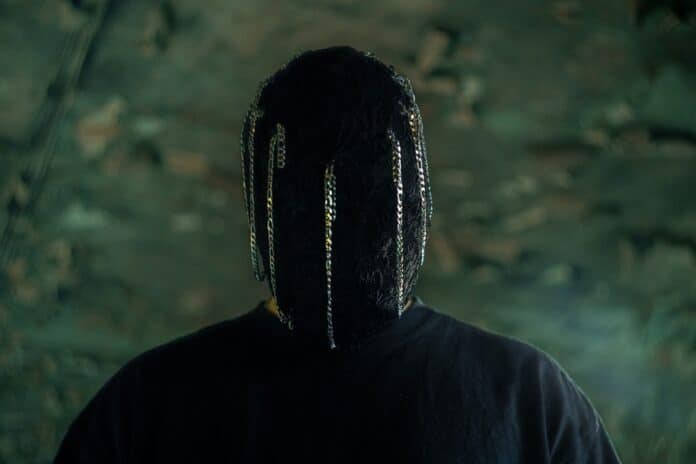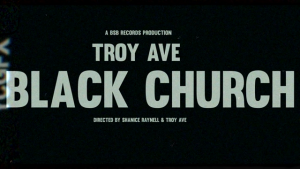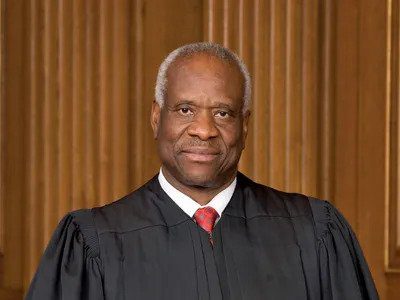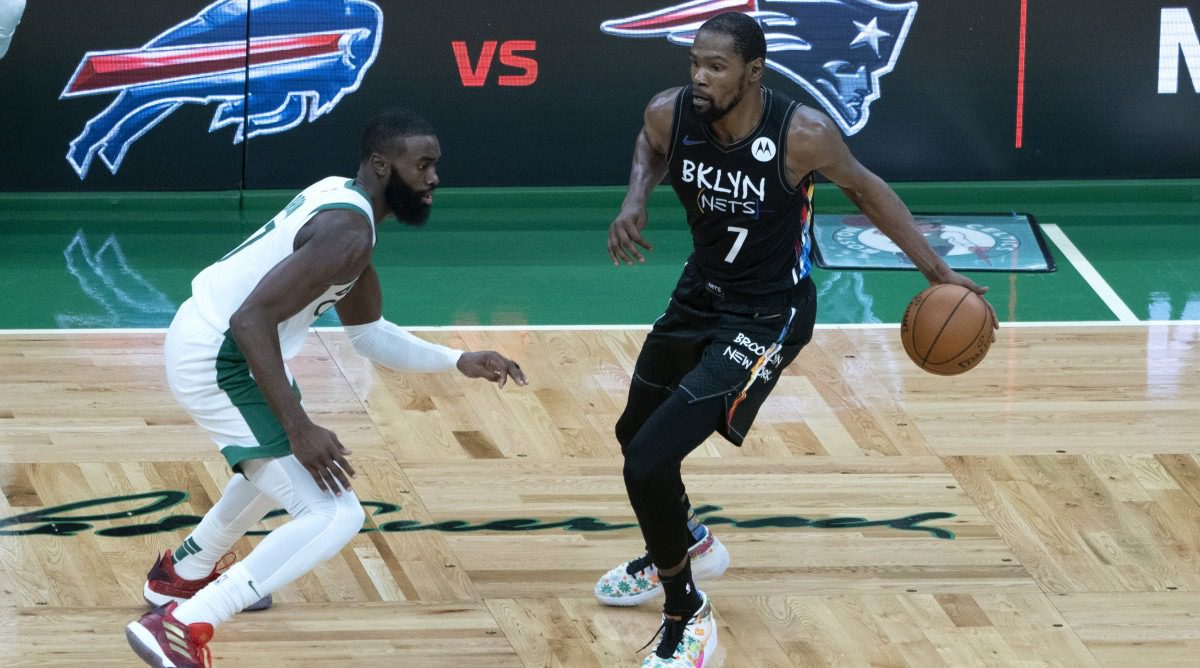Hip-Hop is powerful. If you ever want to see the force of a person, place or thing, just put it to the test. It is often said by psychologists, “familiarity breeds enjoyment.” That is sort of one of the ingredients of hip-hop culture, familiarity.
In 1979, when the Sugarhill Gang’s “Rapper’s Delight” became one of the first Hip-Hop records on wax, Grandmaster Caz’s lyrics did not just stun the youth of New York City. The youthful rhythmic voices of Wonder Mike, Big Bank Hank, and Master Gee brought light to the global class of black youth and triggered a longing phenomenon that metamorphosed cultures.
Known as the motherland of mankind, the African continent, a terrain of the beautiful wide-range existence of various native cultures, Hip-Hop managed to head abroad and make its mark. Viewed as a profound way to express the unexplained humanity of African youth, Hip-Hop’s touch revolutionized their access and availability. Notoriety was a factor thanks to the blazing popularity of pioneering songs like “Rappers Delight,” along the culture’s paradigm of elements including breakdancing, djing, and graffiti.
Each country had its own Kool Herc. Their own Lady B. Their own Grandmaster Flash. Each act reflecting the cycle of influence that reigns from the familiarity of song and rhythm the African continent holds the foundation of. However, exactly who are the Hip-Hop pioneers of Africa?
S.S.P. (South Side Posse) – Angola

Due to the reach and access to technology, some African countries caught on to producing hip-hop tunes a little bit late. Angola is one of those countries. Formed in 1992 with founding members Big Nelo, Paul G, Jeff Brown and Kudy, the South Side Posse was born, a band who infused hip-hop’s rap element with jazz, soul, funk, and ragga. In their early years, they were based in Germany but eventually returned back to Angola where they became mainstream show people for rap in local areas. Four years later, in 1996, SSP made history and became the first group to record a rap record with their debut album, 99% de Amor.
Negrissim’ – Cameroon

Influenced by the might of Public Enemy with the appeal of A Tribe Called West, emcees Evindi, Sundjah, Sadrak ushered in the essence of Hip-Hop in Cameroon in the collective name, Negrissim’. The trio became known for their clever ability to harmoniously articulate the French language and multiple native Cameroonian tongues. Touching base on topics relevant to Cameroonians, which is primarily centered on empowerment and the anomaly between urban and village culture, the trio became the first poster act of the country’s musical rap faculty.
Reggie Rockstone – Ghana

With an agenda to preserve the native identity of Ghana, Reggie Rockstone, affectionately heralded as the Godfather of the music genre, Hiplife, an execution of rapping that is relative to Ghanaian societies such as the Akan culture. According to GhanaWeb, founded in 1994, it was Rockstone’s intention to preserve the Ghanaian identity and dilute hip-hop’s westernized nature for the sake of local embrace. His debut album, Makaa Maka was released three years after the movement’s founding in 1997 and ultimately fostered the fluency of the Ghanaian music industry.
Ricky Oyaro – Kenya

The strategy for most aspiring African rappers of the late 1980s and early 1990s was the capture the swag of the New York City rappers of the Golden Era. Bridging the official language of Kenya, Swahili and English were considered to be a unique skill. Especially when it was applied harmoniously. In 1990, a teenager by the name of Ricky Oyaro mastered such skill and showcased his flair with his groundbreaking single “Renaissance.” Just like in the States, getting airtime on the radio was a sign of success at the time. The single was a radio banger and managed to influence and spawn a slew of aspiring Kenyan emcees, some who incorporate the native language of Sheng, giving birth to Kenya’s multi-million dollar music industry of today.
DJ Ron “Ronnie” Ekundayo – Nigeria

One of Hip-Hop’s earliest sightings holds residence in the country of Nigeria. Based on Hip-Hop history, the DJ is the first superstar. Emulating the position of both a disc jockey and emcee, in 1981 DJ Ronnie aka Ron Ekundayo, release a Run DMC inspired album titled The Way I Feel, which is credited as the first rap album of Nigeria. The success of the album, along with Hip-Hop evolution from it’s infancy to the Golden Era, later inspired cemented emcees in the likes of Emphasis, Sound on Sounds, and early 1990s powerhouse Junior and Pretty. Despite the popularity of the genres of Highlife, Juju, and Afrobeat, the desire to master the westernized manifestation of Hip-Hop in Nigeria has allowed the country to became the most dominant in the African continent today.
DJ Berry – Rwanda

Hip-Hop’s ability to hone ethics that touch home for those abroad is a gift. In Rwanda, the rebellious nature of the youth was unknowingly in need of some form of verifying support. As the youth dealt with a government that was negligent towards their well being, they needed a way to voice their survival. In the early 1980s, thanks to the late DJ Berry born Nsabimana Abdul Aziz, and his mastery of most the main elements of Hip-Hop, including breakdancing, and rap, he developed the blueprint for the Rwandan music scene. However, Berry had to pay a price. Hip-Hop in Rwanda faced opposition by leading authorities and Berry was forced to go into exile in the Democratic Republic of Congo. Not too long after, he left for Germany and recorded Rwanda’s first Hip-Hop hit record, “Hey You,” showcasing the positive effect westernized Hip-Hop displayed on the country.
Positive Black Soul – Senegal

If you ever wondered if there was ever an Eric B. and Rakim dynamic in the African world of Hip-Hop, there is and it was manifested through the pioneering Senegalese duo, Positive Black Soul. Founded in 1989, comprising of DJ Awadi and the emcee Doug E. Tee the Dakar based duo became the first nationally renowned hip-hop group in the country of Senegal. Fluent in the language of English, French, and Wolof, the main language of Senegal. PBS for short, the duo emulated a pro-black stance, with politically charged lyrics centered around Africanism driving the pride and societal practice of the African content, a mirror of the presence of Black pride of Hip-Hop’s Golden Era. On their international debut album, New York Paris-Dakar, they collaborated with Hip-Hop icon KRS-One for their song “PBS.” In an interview with German-based publication, Treibhaus, DJ Awadi recognized Hip-Hop’s rap element as a product of the slave. “Rap is a child of slaves, it was born in Africa, it grew up in America.”
Yok 7 – Sierra Leone

Sierra Leone is another country where Hip-Hop sprouted over a decade after its founding. Influenced by the best of the ’90s in the likes of Method Man, Tupac, and Jay-Z, Yok 7 found emotional refuge in the art of rap. Around 1996, right amid the Sierra Leone Civil War, Yok ̶ an acronym of his birth name Yusuf Osaio Kamara, who along with his family fled to the Republic of Guinea, took on the hobby of creating music. He joined several music groups such as Planet Sounds Productions and later Noble Squad. When Yok finally embarked on a solo career in 2002, amid his campaign for peace with Sierra Leone rebels, he released the single “A-Bo” under Paradise Records. The song became the number one hit in Sierra Leone over the next two years. “A-Bo” is the first rap song to be done in the country’s dominant dialect, Creole, granting Yok 7 the title as the “Godfather of Hip-Hop” in Sierra Leone.
Senyaka Kekana – South Africa

Hip-hop will forever be the foundation of several sub-genres that transform into dominant genres on their own good time. The late Senyaka Kekana of South Africa is one of the continent’s greatest testimonies. Considered to be the first prominent rapper of South Africa, and one of Africa’s earliest hip-hop acts, Senyaka’s multi-talented identity ultimately molded the South African entertainment terrain. In 1986, Senyaka released his debut album titled Fuquza which was a fusion of rap, pop and house music, all inspired by the western region of the world. His debut single, “Jabulani MC” also titled “African Rap” was a solid lyrical track that reintroduced the element to South Africans and cemented Senyaka’s role as the country’s first rapper. His debut album, due to its grand fusion of rap, pop, and house, immediately laid the foundation for the Kwaito music genre where he is also recognized as the “Godfather of Kwaito.”
Kwanza Unit – Tanzania

One of the greatest examples of hip-hop nationalism in Africa takes place on the eastern coast of the continent in Tanzania. Inspired by the construct of Afrika Bambaataa and the Universal Zulu Nation, founded in 1993, Kwanza Unit was a grand posse who took on their ethnic value with a strive for unity and ultimately became the first supergroup in Tanzania. With most of their songs performed in the Swahili language, the emcees of Kwanza Unit rapped about matters that are relevant to the Tanzanian community such as oppression, police brutality, and corruption. The collective’s main goal was to create an ethnic hip-hop nation within Tanzania, known as Kwanzanianz, where they incorporated their own ideals. The group is fundamentally made up of three groups, Villain Gangsters, Raiders Posse, and Tribe-X.
Bataka Squad – Uganda

If there is any place in Africa where profound rap was prevalent, it is certainly in Uganda thanks to the Bataka Squad. Formed in 1994 featuring members MoMo MC, Krazie Native, Shillingz and Babaluku, the Bataka Squad is credited with being Uganda’s first prime time hip-hop group along with the birth of the Lugaflow rap style. Lugaflow is the genre name for Ugandan hip-hop as it comprises the use of several of the country’s native tongues such as Luganda. Bataka recorded their first single, “Atooba,” which did not get airplay on the radio until two years after its release. Their contently promotes praise of Ugandan culture, traditions, and customs, ultimately teaching the youth how to maneuver about an unamenable society.
Hip-hop culture took precious time to lay a lasting foundation in several African countries. Noticeably, hip-hop has touched most of these countries in the early ’90s, with most of the artists releasing their debut albums towards the middle to late ’90s. Even though some of the early recordings have been lost in their history, the people who were around for these moments recall the vigor of their classic sounds. Overall, western hip-hop culture has inspired the motherland continent to take on the music industry as a straight-up multi-billion dollar enterprise today.






